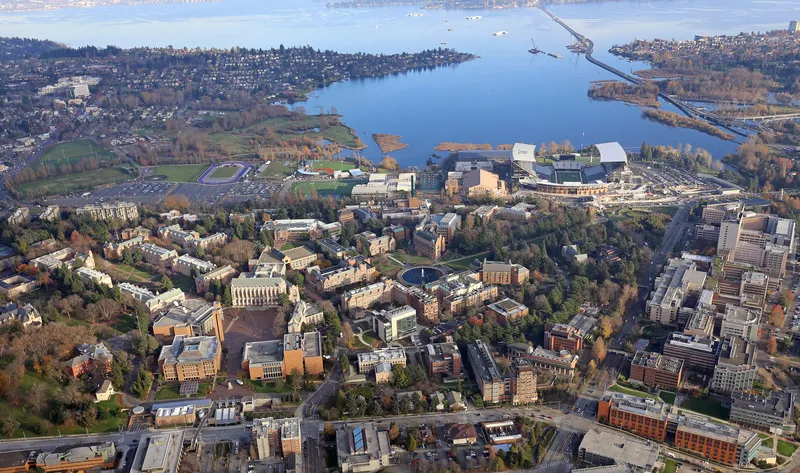Transport for London (TfL) has allocated more than US$240 million transportation projects in London, aimed at improving traffic flow and making both walking and cycling safer. The funding has been allocated through the Local Implementation Plan (LIP), allowing the money to be spent on projects that support the Mayor's Transport Strategy. "This funding will benefit all of London and everyone living in, working in or visiting the capital," London Mayor Boris Johnson said. "A world class city deserves a world
December 19, 2012
Read time: 2 mins
"This funding will benefit all of London and everyone living in, working in or visiting the capital," London Mayor Boris Johnson said. "A world class city deserves a world class transport system and the boroughs will use this money to make roads safer, transport greener and more accessible and create inviting streets and public spaces."
The projects that are part of the Mayor's Transport Strategy include one that will make roads safer and improve traffic flow, improve local walking facilities, and make cycling easier and safer.
Among the project that will receive funding include the Goldhawk Road corridor project, located in the boroughs of Hammersmith and Fulham, which will receive £200,000. The funding will be used to improve pedestrian crossing points, clean up the streets, improve lighting so as to reduce crime, and make general improvements to the area.
Camden will receive £300,000 to improve traffic flow on Kilburn High Road, providing east-west access to both cyclists and pedestrians to the Barclays Cycle Super Highway, and general improvements to High Street, such as planting trees and adding street benches.
The City of London will use £175,000 to improve cycling pathways, such as adding two-way cycling on several local streets.
"We are working in partnership with the boroughs to bring real improvements to communities across the city," said London Transport Commissioner Peter Hendy. "The boroughs will be using this investment to fund hundreds of projects that will benefit all road users, including cyclists and pedestrians.








